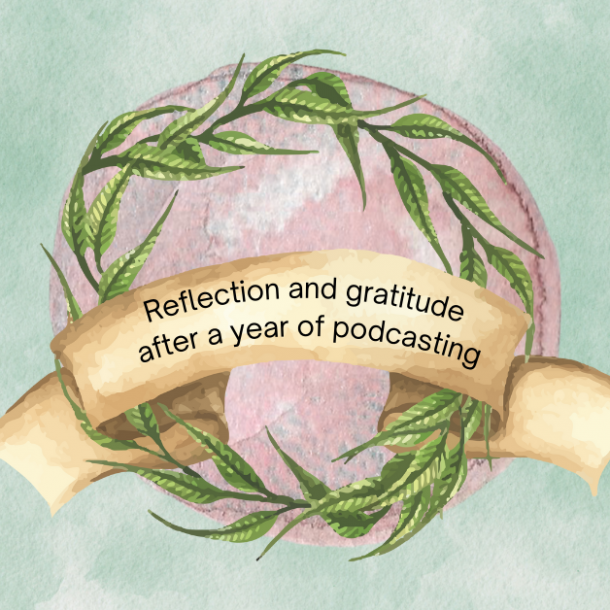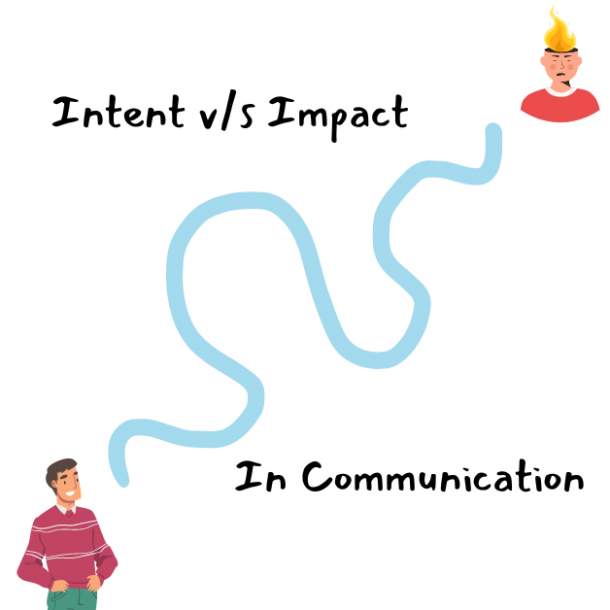
UpSkill: What are the habits of imposter syndrome?
What are you good at? What are you most skilled at doing? What is your area of expertise? If you’re asked to speak on a panel, which topic should you be asked to talk about? Whose company should you be in?
Why should people come to you? What areas should people come to you to discuss? What is your strength? What are you really, really good at? What are you the very best at?
Feeling uncomfortable with these questions? You’re not alone. If you’ve experienced imposter syndrome — or any of the characteristics that define imposter syndrome — you may feel uncomfortable with one or more than one of the questions I asked earlier. In episode 41, I clarified what imposter syndrome is and shared a story that highlights how it’s experienced.
In podcast episode 42, I further shared three characteristics that can help us identify when imposter syndrome is creeping into our lives so that we can address it before it spreads. In this episode, I will share what it sounds like when it shows up at work and in our relationships.
While researching imposter syndrome, I found a joke that made me laugh.
A company was looking for a keynote speaker for their first-ever imposture syndrome conference. And it was a nightmare, finding a speaker. Every speaker they reached out to said they didn’t deserve to be there. Now isn’t that the classic imposter syndrome?
This really highlights how imposter syndrome doesn’t just affect the individual. It harms us all because we are not able to have access to the skills and abilities of these high achievers because they don’t believe they actually have the skills.
And so we need to invest in identifying imposter syndrome, wherever it shows up, and we need to be willing to do the work, to minimize it in fact, to eradicate it where possible.
But first. Let’s figure out how we identify it in order to keep addressing it. Here are two important characteristics that will help you identify imposter syndrome wherever it shows up in your life.
Number one: Discounting praise.
You’ve done a great job. Someone provides you a compliment, recognizes you for it, showcases you for it. They find some way to reward you for it. And you cannot accept this recognition. Here’s what that may sound like.
“Come on. You’re exaggerating.”
“You give me too much credit.”
“Anyone could do this.”
“I didn’t do anything so special.”
When you hear that, you are hearing a classic imposture syndrome script. The goal of identifying these characteristics is so that we can move ourselves forward. So it’s not for you to take a hard cold look at this and go, well, sometimes I do it and sometimes I don’t. It’s to recognize that there are times that I’m uncomfortable accepting recognition, accepting praise, accepting compliments. It happens to me sometimes.
Most of us have that feeling sometimes. Once you identify that you do it sometimes, can you identify the cases in which you do it? In what situations are you likely to deny, to reject, or feel uncomfortable with the recognition? This will give you a clue where the imposture has placed itself into your life. And then you can begin to peel apart and learn a little bit more. Dig a little bit deeper to better understand how does it come to be that the imposture is in this place? Why am I experiencing these feelings in this place? Because I’m not experiencing them necessarily here or there or so.
Could it be that you are experiencing the imposture at work, but not at home, not in your social life, not out in your community activities? Could it be that you are not seeing this at work, but in your role as a parent?
Discounting praise is a very popular characteristic of imposture syndrome. Almost one of the baselines, very easy to spot. And so we are able to pick this one up very readily if it exists in our lives. We are also able to pick up the extent to which it exists in our lives, because there are levels to how we experience this.
The second one is: Denying your competence.
Related to discounting the price, is denying your competence. Someone calls on you, like the case of Paul in episode 41, where he was asked to mentor and share strategies for presentations. So first Paul is rejecting the praise. He’s not accepting the compliments because he does not actually believe. His presentations are as good as others are telling him.
Secondly, Paul certainly doesn’t believe he’s as competent as they are letting on because he doesn’t believe he has those skills to be able to share. He believes this happened by luck. And so he doesn’t have anything tangible to share. And so first he’s discounting the praise and coming down one more level. He’s denying his competence completely. Now. Let’s take a look at ourselves. Let’s hold up our mirror. The question is not: Do you deny your competence?
The question is in what areas do you deny your competence? Think about that area. It doesn’t mean you do it all the time. In what situations do you deny it under? What conditions do you deny it? What is that area that you find yourself denying your competence in.
For me, it’s in the kitchen. It’s cooking. I’m not going to admit that I can do anything worthwhile in the kitchen. That’s where the imposter shows up for me. I will quickly hand over the kitchen to anyone who says they can cook without any regard for my competence in the kitchen. Where does that show up for you? Is it showing up at work?
Is it showing up when it’s time to give a presentation? Is it showing up when it’s time to lead a project? Is it showing up when it’s time to showcase any important skill that you have to mentor or to be mentored in? When is it showing up for you? Is it showing up when it’s time to take a risk, to start a business, to.
Does it show up when it’s time to share your thoughts on social media?
“I don’t have enough expertise and skill like these other people on here for me to be sharing my thoughts. Who would want to hear my thoughts?”
If you’re feeling that way, the imposture is in place. We’ve got to find it. And get it out of here. So you want to identify this, whether it’s happening at home in the kitchen, like me, or it’s happening at work, on social media, or in your community. It’s very important for us to identify that this is happening. That’s the starting point. Even if you do nothing further. I
If someone regards you highly, you may begin to say things like. Anyone could do this. I got lucky. It’s just grace. It’s just because something outside of your control happened and you got a break.
Something happened, something made this happen for you. You never give yourself credit for the effort, the energy, the investment that you make in your work, in your project, or whatever it is that you’re doing. Yet I am willing to bet you are very likely the first person to congratulate someone or recognize their efforts. Why aren’t you being gracious to yourself? Why aren’t you being kind to yourself? Why can’t you turn around and give that person in the mirror the recognition? The acknowledgement. The credit that you deserve.
And that’s what I want you to start practicing. Once a day, think about one thing that you deserve credit for. For going through the day, for delivering on commitments, for supporting others.

What’s one thing that you can give yourself credit for at the end of a day? When you begin to recognize your own contributions, your own credit, you begin to acknowledge it for yourself. It will be easier for you to acknowledge it and accept it coming from others. And you will starve off the imposter syndrome. Squeeze it out. Suck the air out of it by giving yourself credit. The credit you deserve for what you get up and go to. Starve out that imposture, don’t let the imposter take away the credit for the efforts, the work, your ideas, your contribution. That belongs to you, own it. It’s for you and only you should enjoy the feeling of gratitude, of accomplishment, of pleasure that comes from it. The pleasure, the joy, the happiness is yours. Starve off the imposture.




